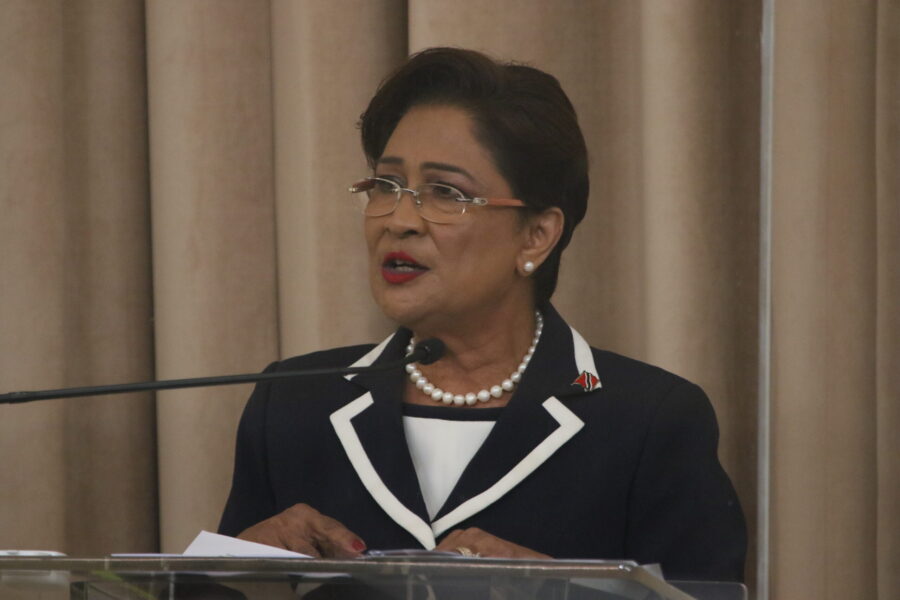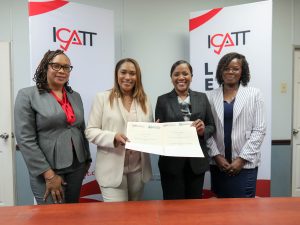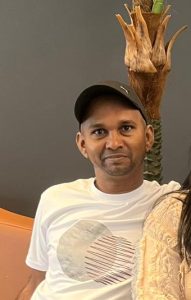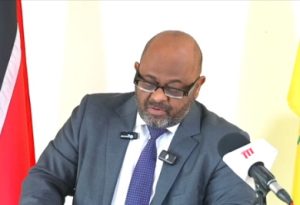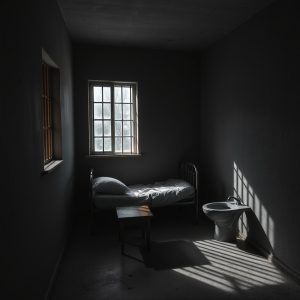“This latest judgment is a vindication of the right of the people to choose their representatives and also to choose to vote them out, if they offer themselves for re-election” – Kamla Persad-Bissessar
By Sue-Ann Wayow
A LANDMARK legal decision.
This is how Opposition Leader Kamla Persad-Bissessar described the judgement delivered by the Privy Council in the case brought by Ravi Balgobin Maharaj who challenged the postponement of Local Government elections.
The Law Lords upheld the appeal by Balgobin Maharaj in a three-to-two decision on Thursday, and the opposition leader is calling for an immediate date for local government elections which should be held “lawfully and freely.”
In a press release issued shortly after the judgement on Thursday morning, Persad-Bissessar stated, “This Government has over the past seven years consistently sought to use its majority in the Parliament to undermine fundamental rights and freedoms and more recently, to thwart the democratic process in Trinidad and Tobago.This latest judgment is a vindication of the right of the people to choose their representatives and also to choose to vote them out, if they offer themselves for re-election.”
She said while the Government led by Prime Minister Dr Keith Rowley attempted to manipulate the electoral process for Local Government they were “unmasked by the highest court in the land.”
Persad-Bissessar said, “We want the population to remember the effect of this judgment. We want the people to understand that the Parliament cannot take away their right to vote and to participate in our democracy, except by very clear words.”
She repeated the words of Lord Richards’ 27-page judgement which states: “The essential characteristic of a representative democracy, whether at a national or local level, is that the representatives are chosen by popular vote. In a modern democracy, such as Trinidad and Tobago, all individuals have the right to participate in the popular vote, subject only to specified conditions and disqualifications. In the case of municipal corporations, the popular vote is direct for the councillors and indirect, by means of party lists, for aldermen.
“It is also an essential element of any democratic form of government, whether at a national or a local level, that the electorate choose their representatives for a limited period. The right to vote out representatives is as important as the right to vote in representatives. At the end of the period for which they were elected, the electorate has the right to decide whether they wish the incumbent representatives to remain in office, assuming they stand for re-election.”
Persad-Bissessar said many questions now arose since the local government elections were due in March which include:
-
Were the salaries paid to councillors and aldermen after the March cut-off date lawful?
-
Would they have to pay it back?
-
What about the many decisions made by these corporations after that date? Are they legal? Will the government now have to come back to the Parliament to validate all of this?
-
What is the cost to the taxpayer arising out of this debacle? Who is to be made accountable?
“This judgment should remind all of us that we expect a higher standard from those who make our laws and from those who are accountable for the actions of the State,” she said.
The population should also not expect an intensifying of efforts to have the Privy Council replaced by the Caribbean Court of Justice (CCJ) as the final court of appeal as the PNM was bent on controlling all arms of the State, she claimed.
The political leader of the United National Congress (UNC) promised to defend democracy while congratulating and thanking all members of the legal team led by former Attorney General Anand Ramlogan SC.
Persad-Bissessar thanked the party’s local government representatives who assisted by way of affidavit evidence in this case including, Chairman of the Couva Tabaquite Corporation Henry Awong, Chairman of the Penal Debe Corporation Dr Allen Sammy, Princes Town Councillor Chris Hosein and others.
And Ravi Balgobin Maharaj was thanked “for his quest for justice.”
![]()


